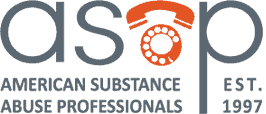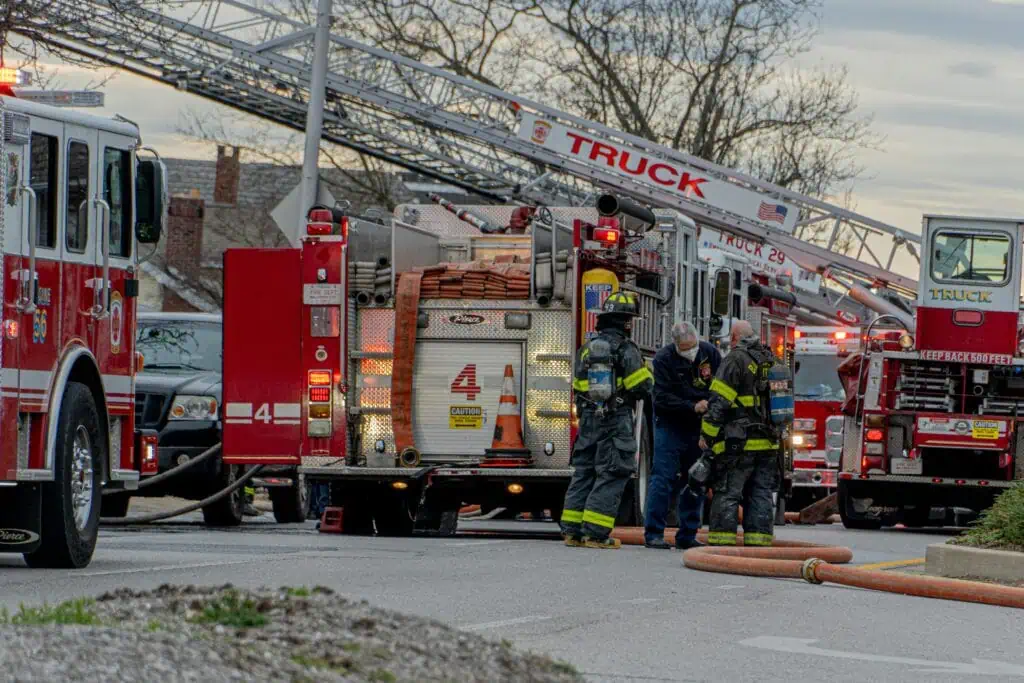Baltimore’s Bold Plan to Cut Opioid Overdoses: How Employers Can Be Part of the Solution
by: Sandra Serrano
Baltimore City has set an ambitious goal to reduce fatal opioid overdoses by 40% by the year 2040, as highlighted in recent news reports. With overdose deaths continuing to disproportionately impact local communities, The current plan is a preliminary three-year strategy from 2025 to 2027, working toward the broader goal of reducing fatal overdoses by at least 40% by 2040, funded through settlements with drug companies.
Studies underscores the persistent challenges Baltimore faces, revealing that the opioid epidemic continues to take a devastating toll on the city’s residents and neighborhoods.² Despite progress, overdose deaths remain alarmingly high, prompting city leaders to take urgent action.
Most recently, Baltimore officials announced renewed efforts to accelerate overdose prevention by expanding access to life-saving medications like naloxone, increasing treatment services, and strengthening community partnerships. The city’s goal reflects a multi-layered strategy aimed at not only saving lives but also supporting long-term recovery and community wellness.³ This current push shows the urgency of collaborative action across all sectors—government, healthcare, and workplaces.
This urgency was underscored yet again by a recent mass overdose event in Baltimore’s Penn North neighborhood on July 10th, where 27 people collapsed simultaneously from suspected opioid overdose, triggering a large-scale emergency response.4 Events like this highlight the increasing dangers of synthetic opioids in local communities and the need for immediate, coordinated intervention.
At American Substance Abuse Professionals (ASAP), we believe employers play a critical role in this fight. By implementing strong workplace drug and alcohol policies, supporting employees in recovery through SAP referral services, and ensuring compliance with DOT and state regulations, businesses can help create safer, healthier workplaces.
ASAP specializes in providing nationwide DOT Return-to-Duty programs, Substance Abuse Professional (SAP) services, and drug and alcohol testing compliance to support both employers and employees navigating substance use challenges. Together, we can help prevent overdoses, promote recovery-friendly workplaces, and contribute to a healthier future.
1 WBAL-TV. (2024, July 8). Baltimore aims to cut fatal overdoses by 40% by 2040. WBAL-TV. Retrieved from https://www.wbaltv.com/article/baltimore-aims-cut-fatal-overdoses-40-percent-2040/65337637
2 WBAL-TV. (2023, October 26). Opioid epidemic continues to impact Baltimore City residents, Hopkins study finds. WBAL-TV. Retrieved from https://www.wbaltv.com/article/opioid-epidemic-baltimore-city-residents-hopkins-study/62244673
³ WBAL-TV. (2024, July 8). Baltimore outlines new overdose prevention strategies in ongoing opioid crisis. WBAL-TV. Retrieved from https://www.wbaltv.com/article/baltimore-aims-cut-fatal-overdoses-40-percent-2040/65337637
4 WBAL-TV. (2024, July 9). Multiple people overdose in Penn North, prompting emergency response in Baltimore. WBAL-TV. Retrieved from https://www.wbaltv.com/article/overdose-symptoms-emergency-response-penn-north-baltimore/65368280


